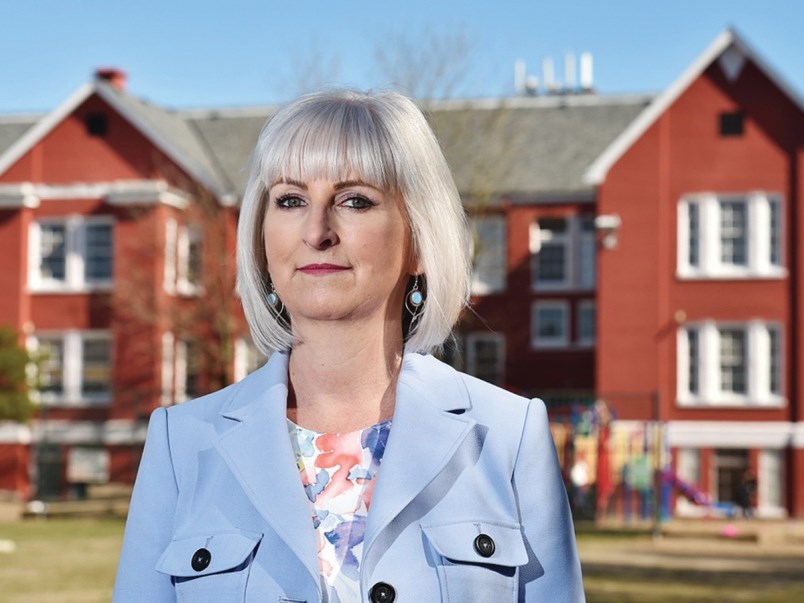BC.’s teacher union has ratified a three-year collective agreement with the province after more than a year of bargaining.
“Teachers on the Sunshine Coast will enjoy the modest increase, and while it is not the catch-up on teacher salary that we had hoped for, it is a start,” said Sunshine Coast Teacher’s Association (SCTA) president Jacquie Shelemy following the ratification announcement last Friday.
According to the BC Teachers’ Federation (BCTF), 98 per cent of union members agreed to the new terms, which includes an annual pay increase of two per cent.
Shelemy said new teachers “will a see a jump up to the second step of the salary grid upon securing a position and teachers at the top of the grid who, over the term of the previous government, took the hit of increases like zero per cent and 0.5 per cent, will see a bump of an additional one per cent.”
BCTF president Teri Mooring described the round of negotiations as “long and tough.”
“We had to fight off dramatic concessions that nobody anticipated,” she said, appearing to address some of the class size and composition negotiations that had to take place.
Shelemy said the SCTA, which falls under the larger union, was “pleased” the province “finally saw their way clear to removing concessions,” describing them as “a non-starter and something that teachers would never have accepted given what public education has been up against for the last two decades.”
In January there had been some discussion of escalating job action over class size and composition.
The agreement comes as most teachers are attempting to teach from home during the COVID-19 pandemic response, presenting challenges to the voting process.
At the end of March, BCTF and the BC Public School Employers’ Association announced they had reached a tentative agreement, but faced the conundrum of how the union’s 45,000 certified teachers would vote to ratify amidst public health measures restricting large gatherings.
The ratification ended up occurring over three days of online voting, with 31,838 members participating. Mooring described the process as “a vote like no other in our history” and said she was “proud of how quickly our union was able to come up with new ways to engage so many people during this time of physical and social distancing.”
Finance Minister Carole James previously stated the government was not backing down from the money it had allotted from a prescribed negotiating mandate.
The Sustainable Services Negotiating Mandate, according to the government website, applies to all public sector employers with unionized employees whose collective agreements expired on or after Dec. 31, 2018. It calls for a three-year term with general wage increases of two per cent each year, plus the ability to negotiate conditional and modest funding that can be used to drive “tangible service improvements.”
The agreement is retroactive to July 1, 2019, so with a 2021 election approaching, the typically labour-friendly BC NDP will be one year out from having to negotiate a new agreement in 2022, should it be re-elected.
The two per cent mandate is slightly higher than the 0.5 per cent base increases, plus bonuses based on provincial GDP growth, which were part of the previous BC Liberal government’s six-year contract (2013-19).
The new contract also provides language for “a mediated process on how to support successful bargaining negotiations in future years.”
Shelemy told Coast Reporter, “We will be planning our return to the bargaining table in just over a year’s time and look forward to making further gains for teachers and public education in the next round.”
– With files from Graeme Wood



